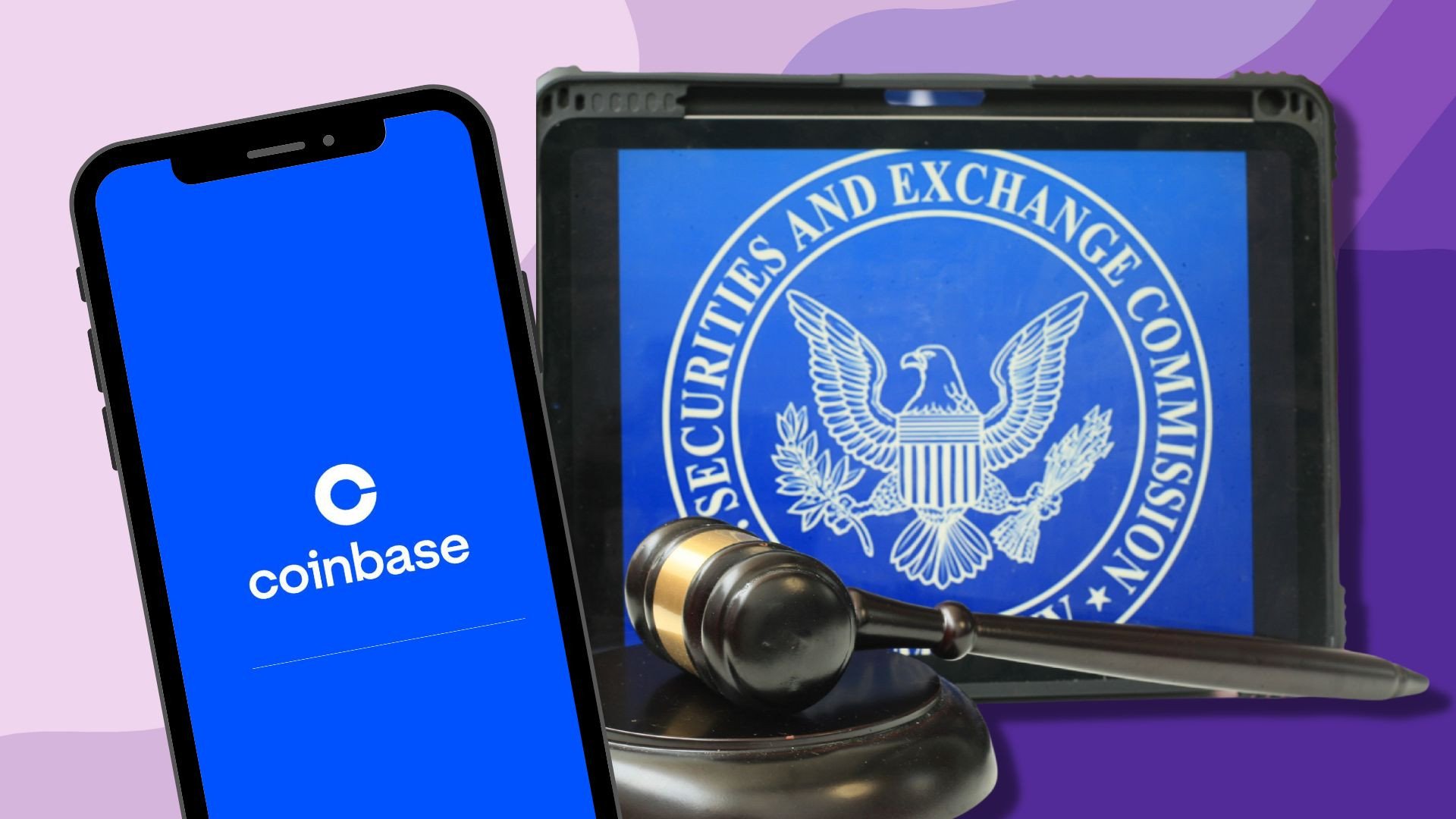Coinbase has taken a firm stance against a lawsuit filed by the U.S. Securities and Exchange Commission (SEC). The company submitted a response on June 28, arguing that the case lacks a robust legal basis and should be dismissed. This move comes amidst escalating tension between the digital asset industry and the top U.S. securities regulator.
TL;DR
- Coinbase has responded to the SEC’s lawsuit, arguing that the case lacks a solid legal foundation and should be dismissed.
- In its legal response, Coinbase asserts that the cryptocurrencies on its platform do not qualify as securities as they are not part of an investment contract.
- The future of Coinbase’s clash with the SEC remains uncertain. The outcome could potentially shape the future regulatory landscape for digital assets for the foreseeable future.

What is Coinbase’s Response to the SEC?
The SEC lodged a suit against Coinbase in early June, shortly after a similar one against Binance. The regulator accused Coinbase of operating as an unregistered securities exchange. He cites over a dozen tokens on the platform, including ADA and SOL, as unregistered securities.
Coinbase, however, refutes these allegations, insisting that it does not list securities and has maintained consistent practices since the SEC’s thorough review of its operations prior to its public debut in April 2021.
Paul Grewal, Chief Legal Officer at Coinbase, has been vocally critical of the legal proceedings. He asserts that Coinbase’s business model has remained unchanged since the IPO, and the same procedures for listing tokens have been adhered to.
In its legal response, Coinbase contends that the cryptocurrencies on its platform do not qualify as securities as they are not part of an investment contract. The exchange also points out that the issuers of the tokens listed on its platform do not owe any obligations to investors. This further supports its claim that these transactions do not constitute securities transactions.
The SEC Maintains its Position
Coinbase also highlights the SEC’s endorsement of its public listing in April 2021. The company argues that this constitutes proof of the regulator’s previous acceptance of its business operations. The company has requested the court to allow a motion for judgment. It proposed a seven-week schedule for its motion, the SEC’s opposition, and its response.
Coinbase contends that the SEC has not offered sufficient clarity on how existing securities laws apply to digital assets. Consequently, the company believes this ambiguity leads to confusion and misinterpretation within the crypto industry. Interestingly, this sentiment is echoed by Binance, which recently accused the SEC of intentionally misleading the public.
On the other hand, the SEC, led by Chair Gary Gensler, maintains that many digital assets are indeed securities. It also says that crypto firms are violating its rules by failing to register. Gensler has also cautioned about the risks to investors as crypto firms often combine roles, such as custody and exchange services, traditionally managed by separately regulated entities.
The future of Coinbase’s clash with the SEC remains uncertain. It could potentially evolve into a prolonged legal battle, considering precedents like the SEC’s ongoing three-year court dispute with Ripple Labs.
All investment/financial opinions expressed by NFTevening.com are not recommendations.
This article is educational material.
As always, make your own research prior to making any kind of investment.








